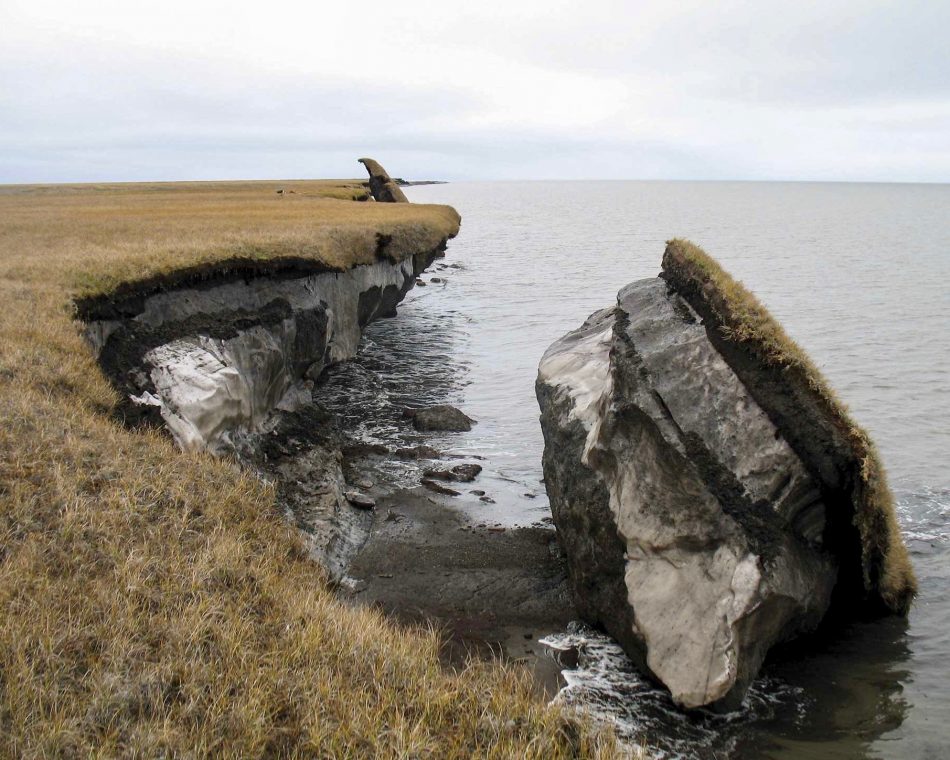The world's promised cuts in greenhouse gases come nowhere close to fulfilling the 2015 Paris Agreement's goal of preventing temperatures from rising much more above pre-industrial levels, according to a new U.N. analysis on Friday.
Those pledges will lower global emissions less than 1% below 2010 levels by 2030, said the analysis by U.N. Climate Change, secretariat of the U.N. Framework Convention on Climate Change, or UNFCCC, a treaty platform for climate talks.







